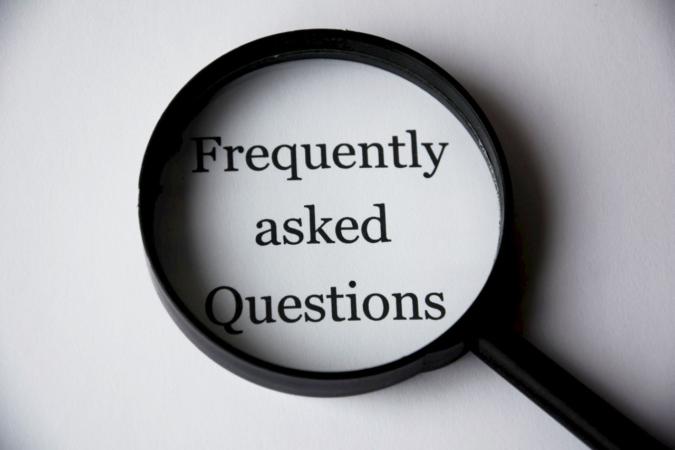Competition in every industry is getting fierce. Unfortunately, this can result in some individuals doing everything they can to survive in their industry, even infringing copyrights and trademarks in order to beat the competition. However, there are a few ways you can protect your intellectual property from being snatched by the competition.
If your copyright or trademark is registered, no one will be able to use your creations without your approval. Individuals who are new to the world of intellectual property may wonder what the key differences are between copyrights and trademarks.
Trademark vs. Copyright
Although there are similarities between trademarks and copyrights, the differences between trademark and copyright are significant. These types of legal safeguards may sometimes overlap, and this can sometimes result in the loss of money and time when the wrong type of protection is registered.
What is a Trademark?
A trademark is anything that represents your brand in the marketplace. Trademarks are used to designate the source of services or goods. Trademark protection applies to anything that will differentiate the source of a service or product from other brands. While a trademark can significantly benefit the trademark owner, one of the main functions of a trademark is to prevent potential confusion among consumers.
Unique color schemes, symbols, phrases, and sounds both have the potential to become a registered trademark. Deciding which facets of your business need to become trademarks can certainly be a challenge. We encourage you to start with the aspects of your business you want to use to represent your brand. One of the main goals of your business is likely to have your services or products stand out in your industry.
A federally-registered trademark will allow you to do this, and a registered trademark will protect you from rivals that may want to profit from the reputation your business has built. A trademark will prevent others from using similar symbols, designs, words, etc. in a way that can result in confusion about who is the originator of the goods and services.
Once your trademark is registered and used regularly, your trademark will be a key to helping you establish your brand by creating the type of recognition you desire. Trademark protection will last for as long as the trademark is used in commerce.
What is a Copyright?
A copyright protects an original work of authorship. Copyright protection will grant the original creator or author of the exclusive rights. While an idea cannot be copyrighted, the original expression of that idea can be copyrighted. The moment a work is produced in digital, paper, or sculpture form, it is considered copyrighted.
Books, plays, photographs, and websites can all receive copyright protection. While a trademark protects owners against someone else using any similar mark, copyright protections are limited to the exact piece of work or anything that has been tremendously replicated. When you become a copyright owner, you will have exclusive rights to your work.
You do have the right to reproduce your work and you have the right to create more works based on the piece you originally created. You will also be granted the freedom to distribute all of your copyrighted material, and you can produce your works in a public setting. You can also transfer your copyrighted works to others.
Federal registration is required to ensuring your works and intellectual property will be protected at all times. It does not matter if you wish to trademark the name of your cosmetic line or if you want to copyright your paintings, we encourage you to seek legal assistance before seeking registration. You can also monitor the use of your trademark or copyright in your industry, and if anyone is infringing upon your trademark or copyright, do not hesitate to seek advice on how to protect your brand or works.


